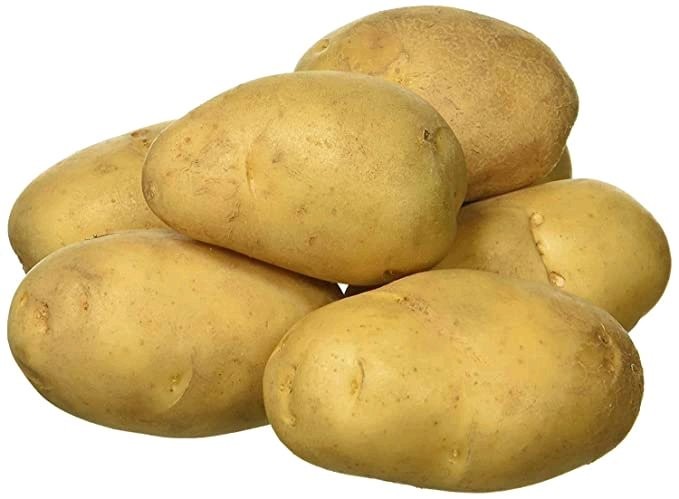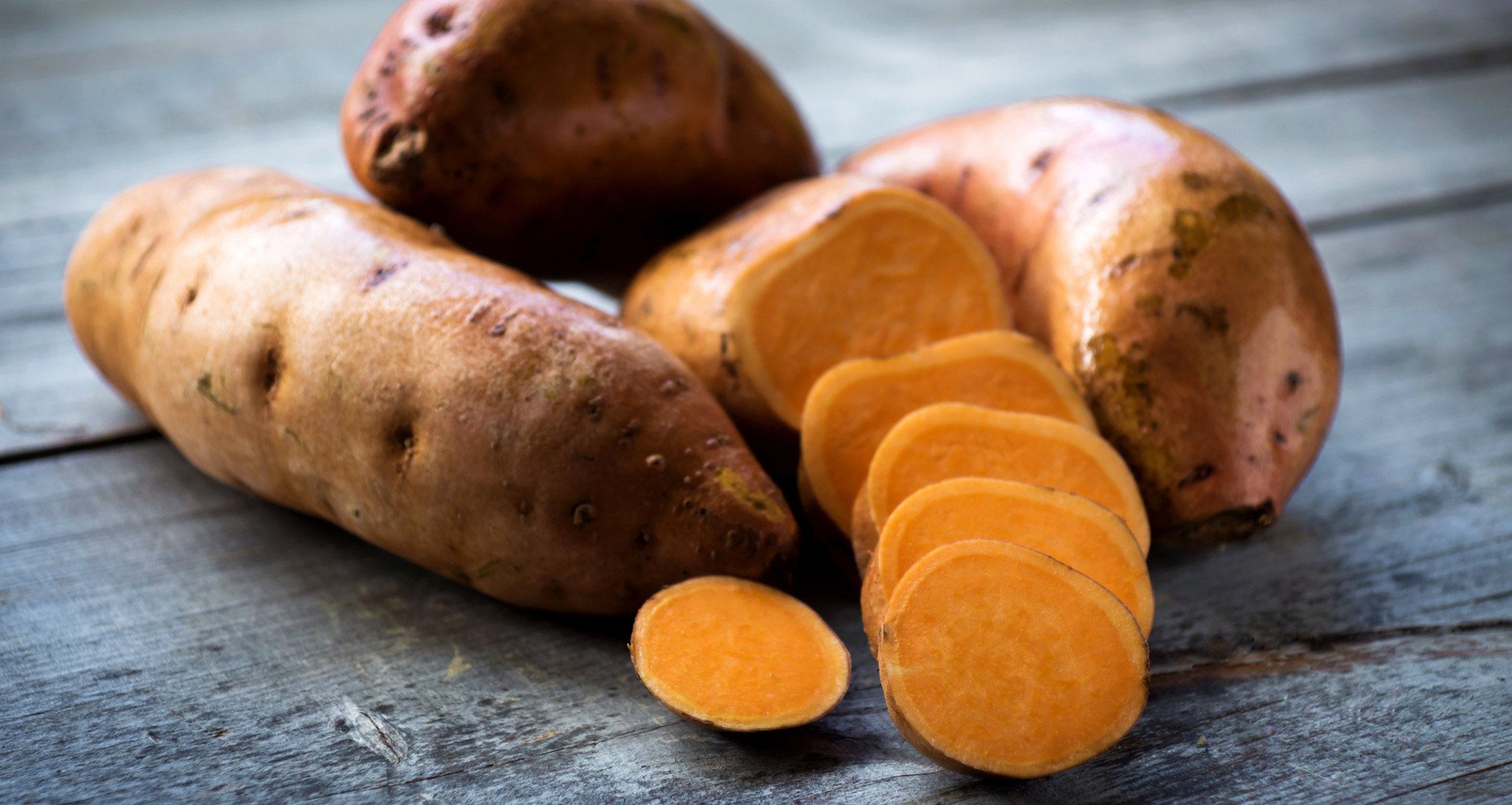1. Nutritional Composition of Potatoes:
Potatoes are a versatile and nutrient-rich vegetable. They provide essential nutrients, including dietary fiber, vitamins C and B6, potassium, and antioxidants. However, the nutritional value and potential effects on blood pressure can vary depending on the type of potato and preparation methods.
2. Glycemic Index and Blood Pressure:
The glycemic index (GI) ranks foods based on how quickly they raise blood sugar levels. Some studies suggest that consuming high-GI foods may contribute to higher blood pressure levels. Potatoes fall into the moderate to high GI category, meaning they can cause a rapid increase in blood sugar levels. However, the overall glycemic effect of a meal depends on various factors, including the potato’s preparation, portion size, cooking method, and overall meal composition.
3. Potassium Content and Blood Pressure:
Potatoes are a good source of potassium, a mineral known for its blood pressure-lowering effects. Potassium helps counterbalance the negative impacts of sodium on blood pressure regulation. A diet rich in potassium can promote vasodilation and reduce the risk of hypertension. However, it is important to note that potassium levels can vary among potato varieties and preparation methods (cooking, boiling, or frying).
4. Preparation Methods and Blood Pressure:
The methods of preparing potatoes can significantly influence their impact on blood pressure. Deep-frying or preparing potatoes as French fries or potato chips can increase their glycemic load and overall calorie content. Additionally, these cooking methods introduce unhealthy trans fats and excessive sodium into the diet, both of which can raise blood pressure levels. Boiling, baking, or steaming potatoes is generally healthier, preserving more of their potassium content and reducing the negative impact on blood pressure compared to frying.
ALSO READ: Follow these 7 tips to increase your energy, live happier, healthier life
5. Portion Sizes and Dietary Patterns:
Portion sizes play a crucial role in the overall impact of potatoes on blood pressure. Consuming large quantities of potatoes, especially when combined with high-fat toppings or excessive salt, can contribute to weight gain and increased blood pressure. Moderation is key when incorporating potatoes into a blood pressure-friendly diet. It is important to consider portion sizes, balance them with other nutrient-dense foods, and adopt a well-rounded dietary pattern that focuses on whole grains, lean proteins, fruits, vegetables, and healthy fats.























